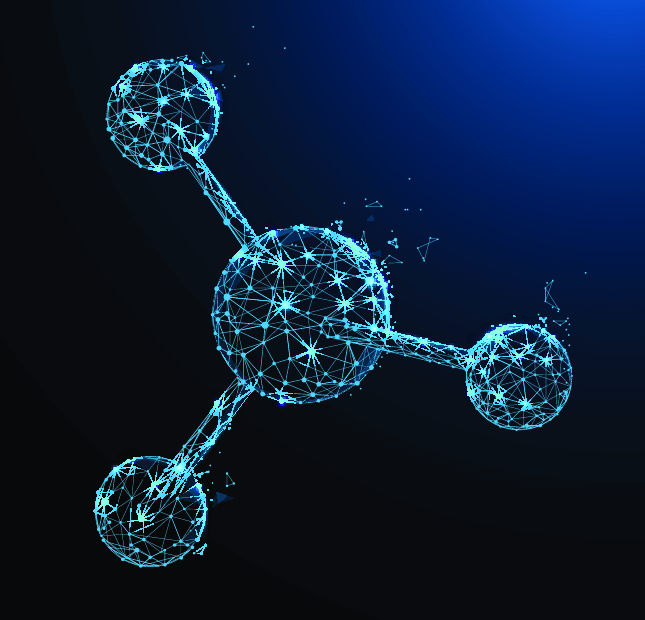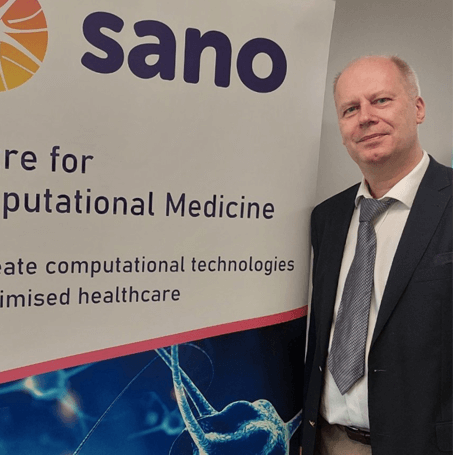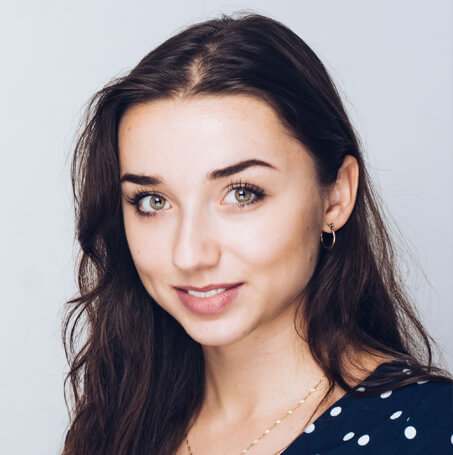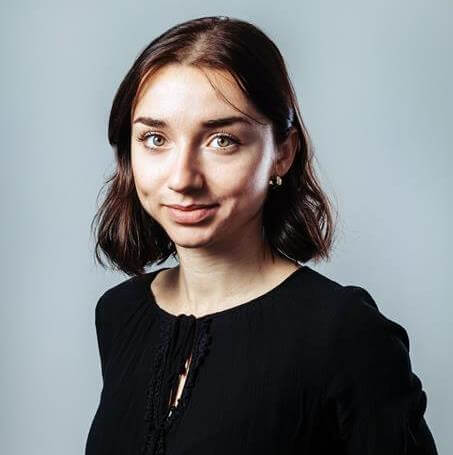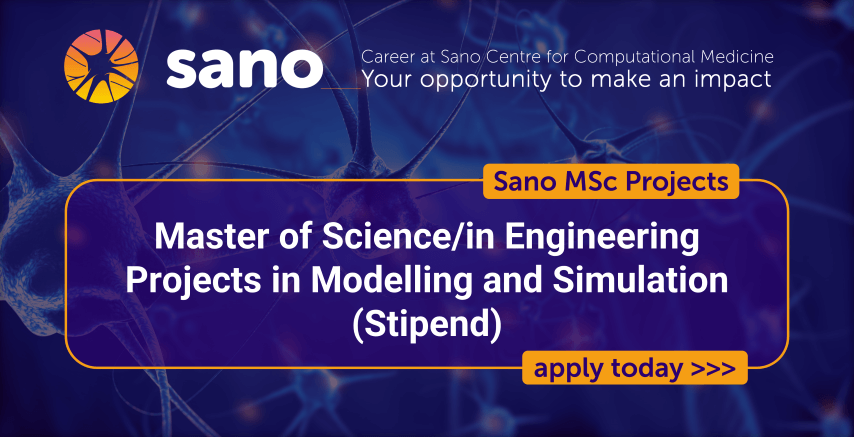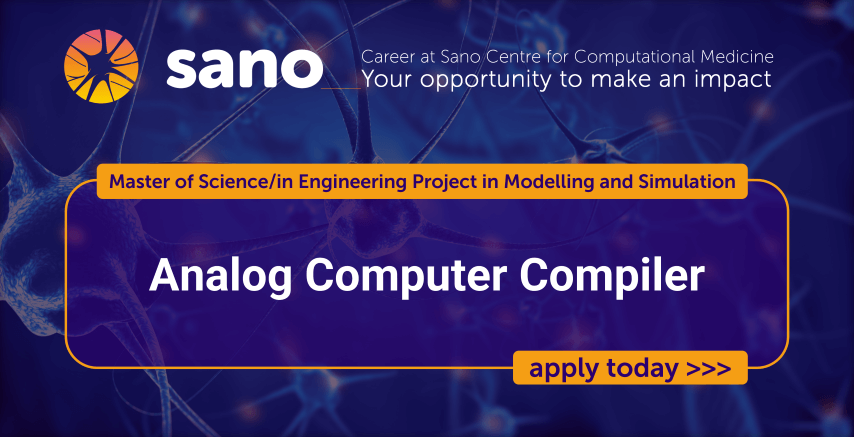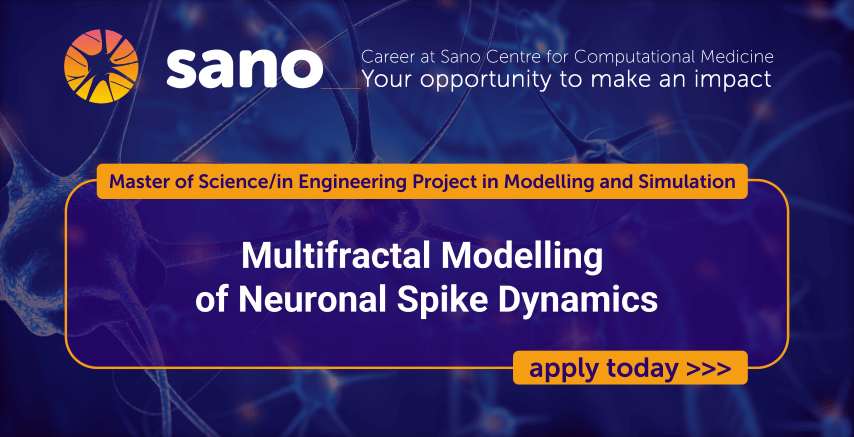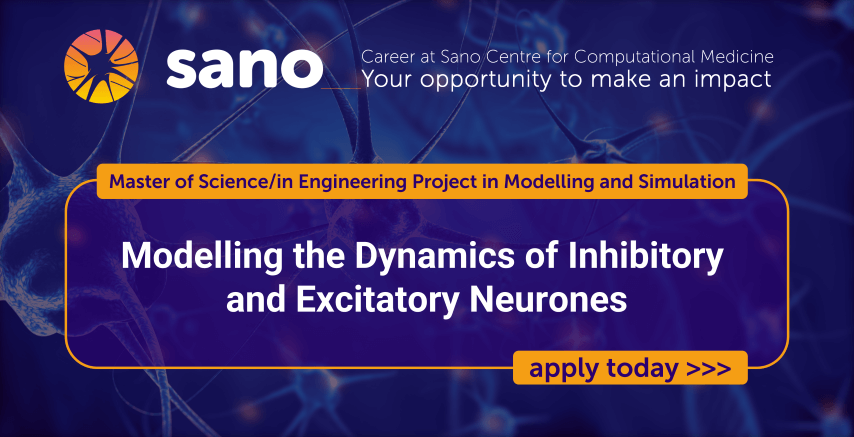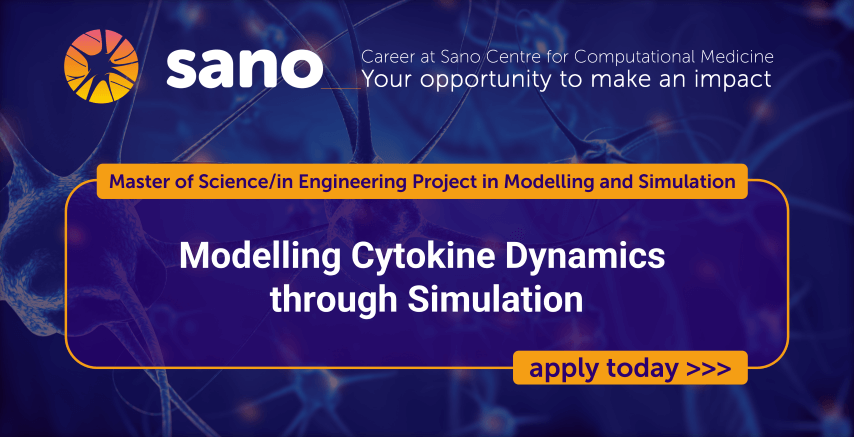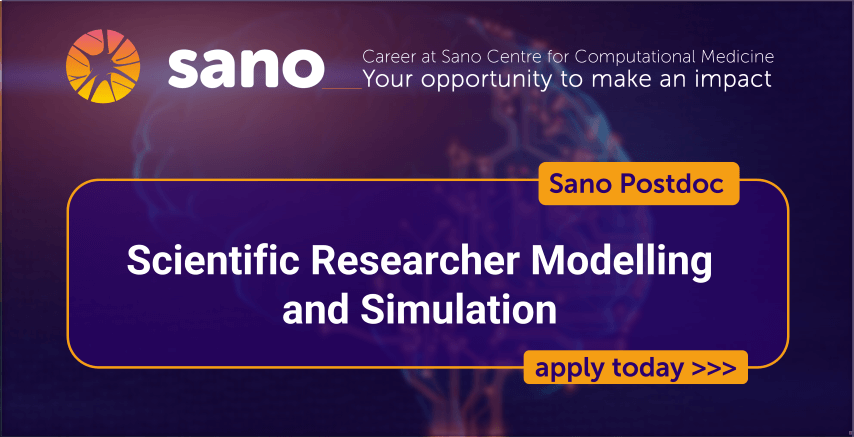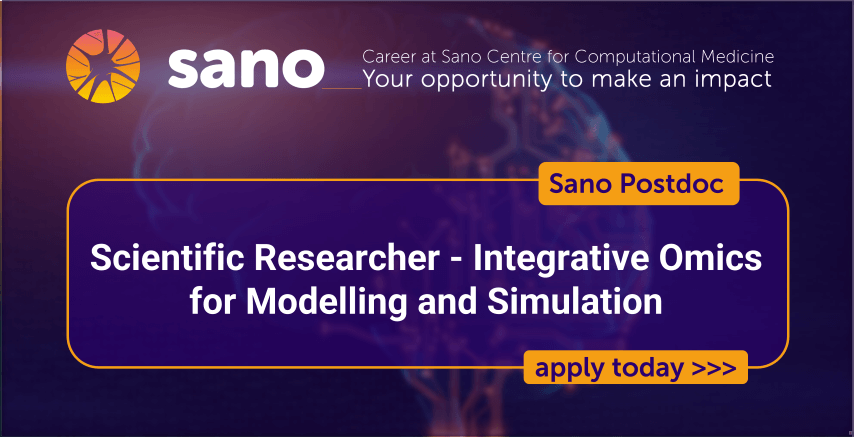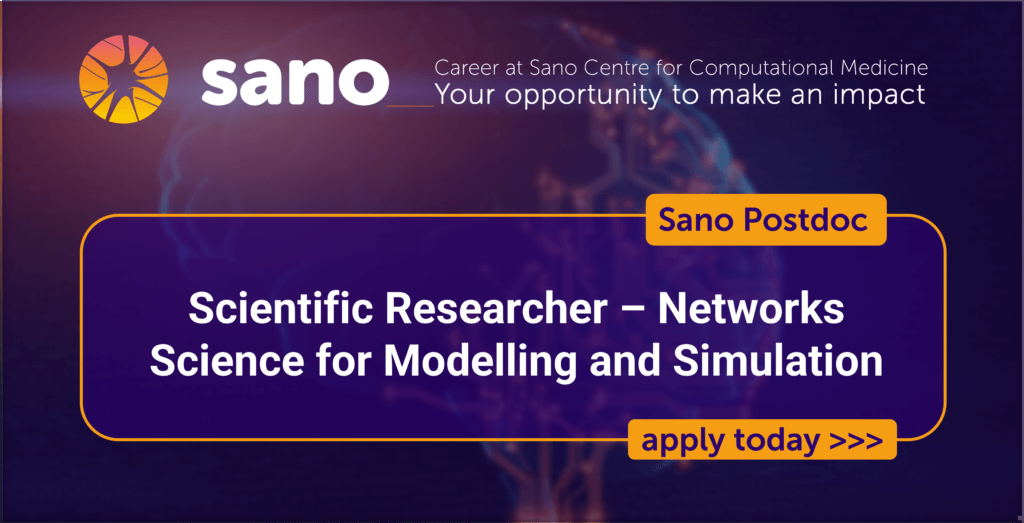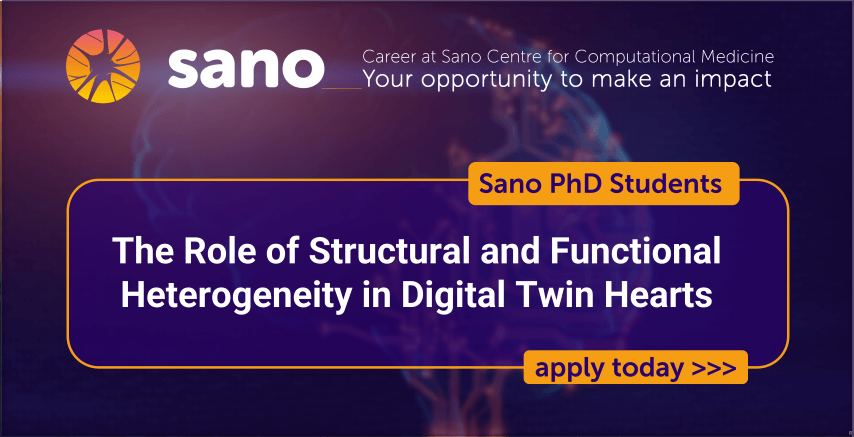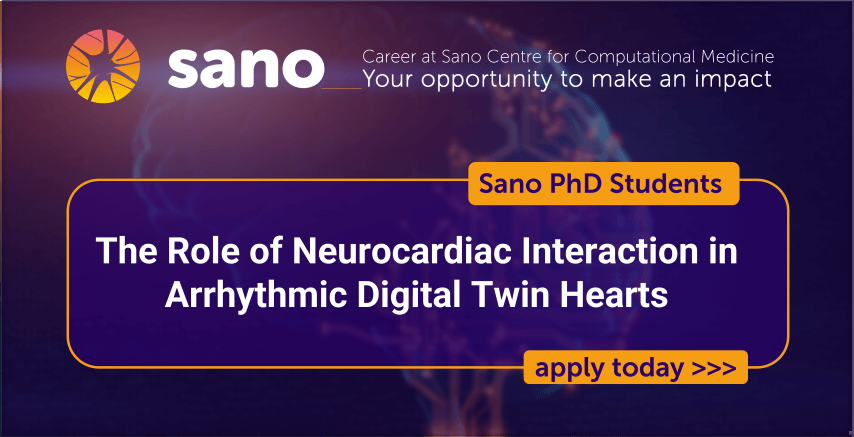…expands research from the Virtual Physiological Human initiative. Unlike fully data-driven machine learning data science approaches a rich assortment of complementary modelling approaches will be utilized, including 3D (e.g. Navier-Stokes solvers, Lattice Boltzmann approaches), 1D and 0D models of fluid mechanics, Finite Element Analysis, Growth and Remodelling frameworks and Agent-Based Models of structural mechanics and others. This research area will be concerned with the development of fundamental modelling tools and workflows, by simulating physiology and predicting multi-morbidity through integration with data science technologies.
This team will also investigate applications of in-silico clinical trials which concerns modelling and simulation of devices, drugs and interventions to be evaluated over trial populations covering complete target treatment populations, hugely reducing the time and cost of traditional clinical trials through the use of computing. Significant research questions remain around these approaches, particularly over missing and inaccurate data, which could be addressed by combining modelling and simulation approaches with Data Science and Healthcare Informatics for input data distribution and accuracy. Furthermore, biology, biochemistry, physics models can be developed in the attempts to explain AI decisions, to improve clinical acceptance largely black-box deep learning approaches of data science.



